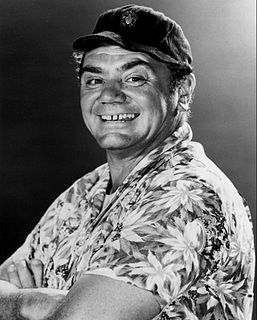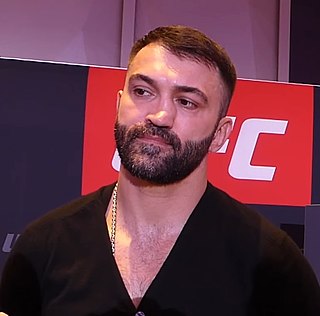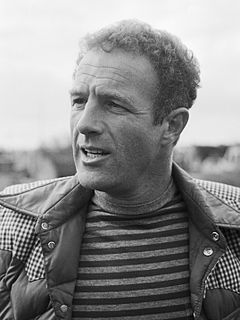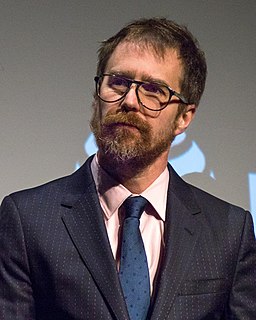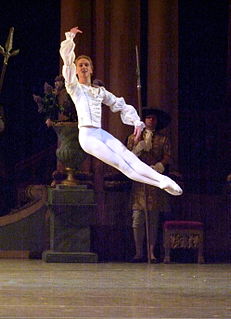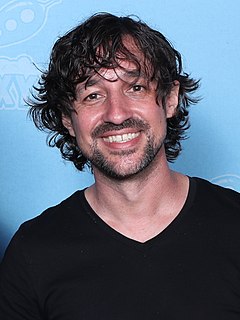A Quote by Ernest Borgnine
There's an awful lot to be desired. I've gone to places where people say to me, "What's your technique?" Technique? What the hell technique is there to acting? We're acting because even with my voice I'm giving what I think is what I want to say.
Related Quotes
My technique is laughable at times. I have developed a style of my own, I suppose, which creeps around. I don't have to have too much technique for it. I've developed the parts of my technique that are useful to me. I'll never be a very fast guitar player. I don't really know what to say about my style. There's always a melodic intent in there.
The professional dedicates himself to mastering technique not because he believes technique is a substitute for inspiration but because he wants to be in possession of the full arsenal of skills when inspiration does come. The professional is sly. He knows that by toiling beside the front door of technique, he leaves room for genius to enter by the back.
I don't like showing the technique. I don't like people who say, "Here, I'm going to act, but first I have to bounce off this wall." If you have to bounce off the wall, do it by yourself. Don't feature the technique. My old drama coach used to say, "Don't just do something, stand there." Gary Cooper wasn't afraid to do nothing.
